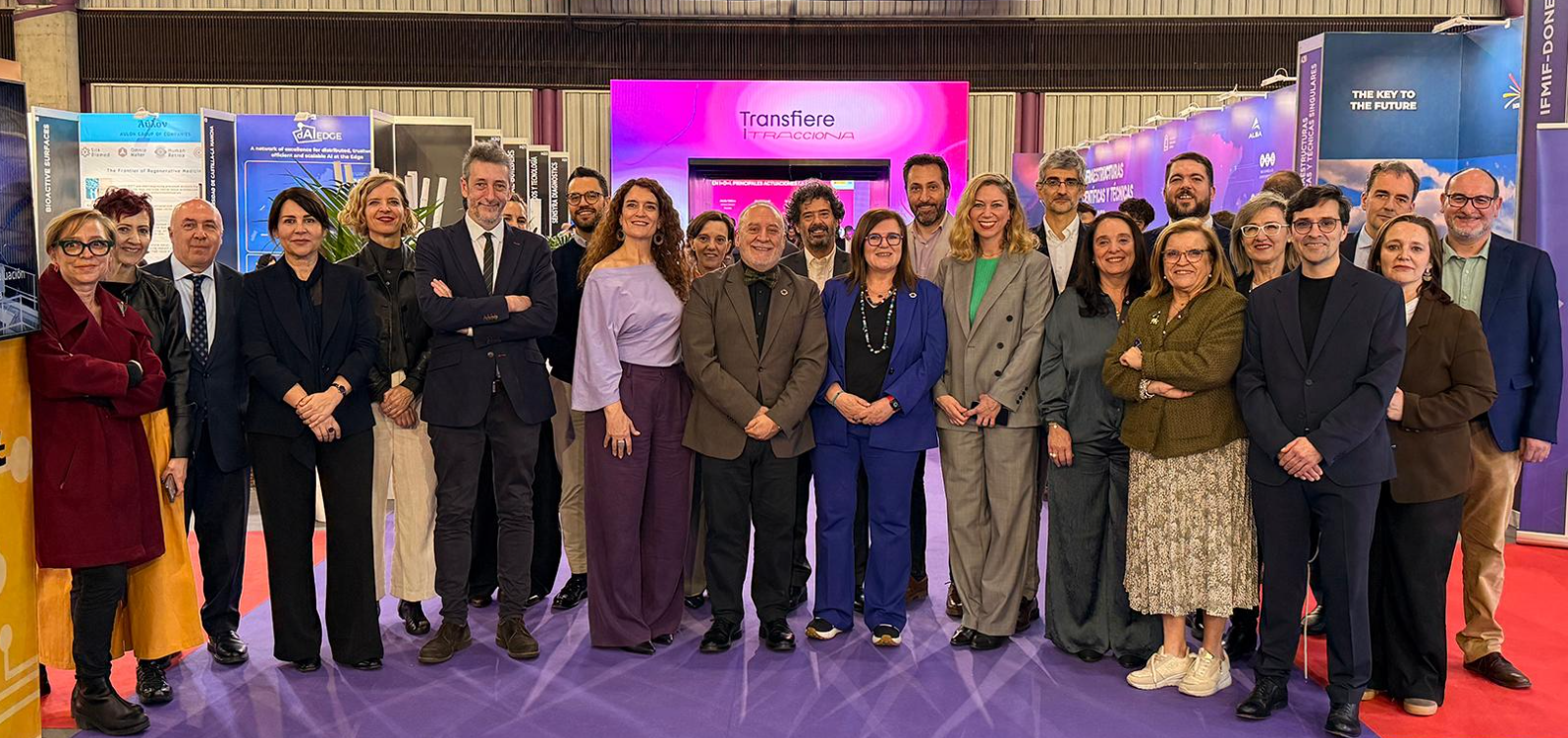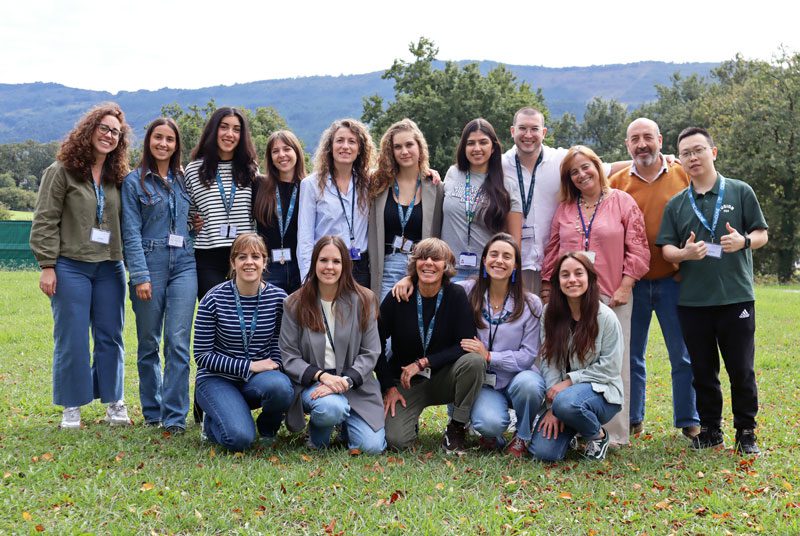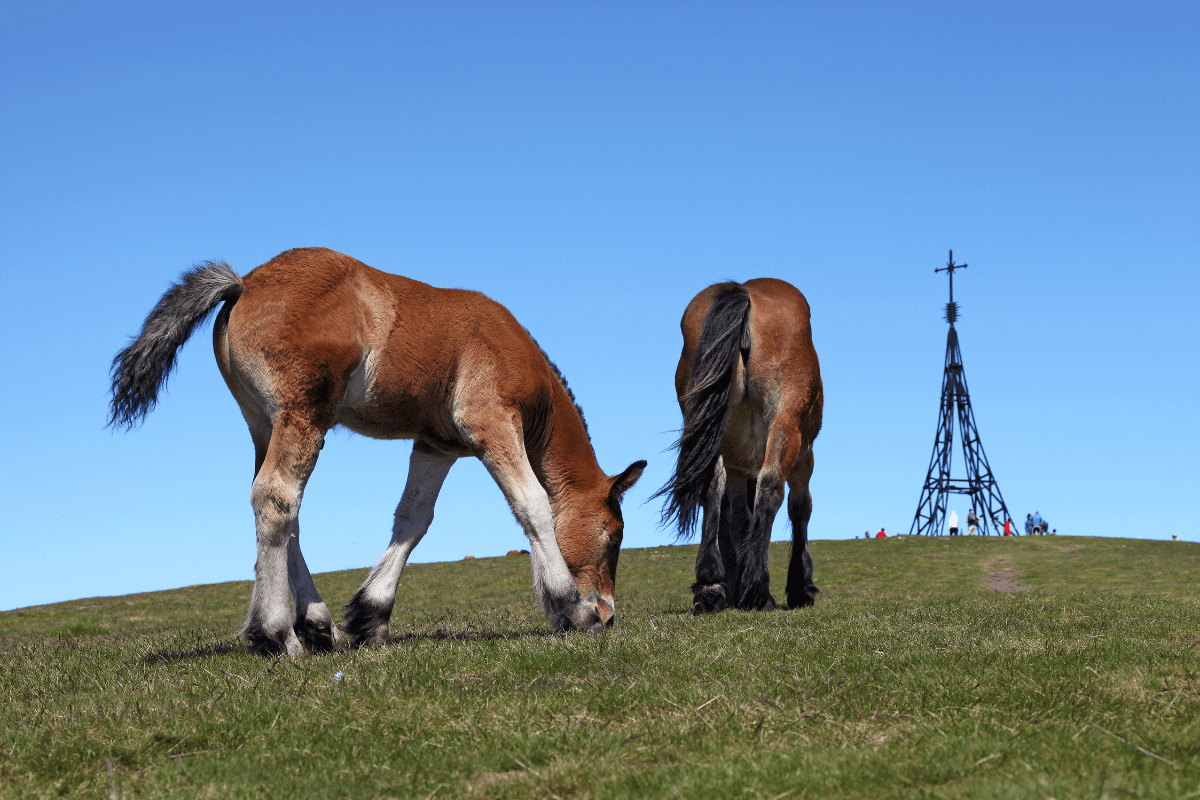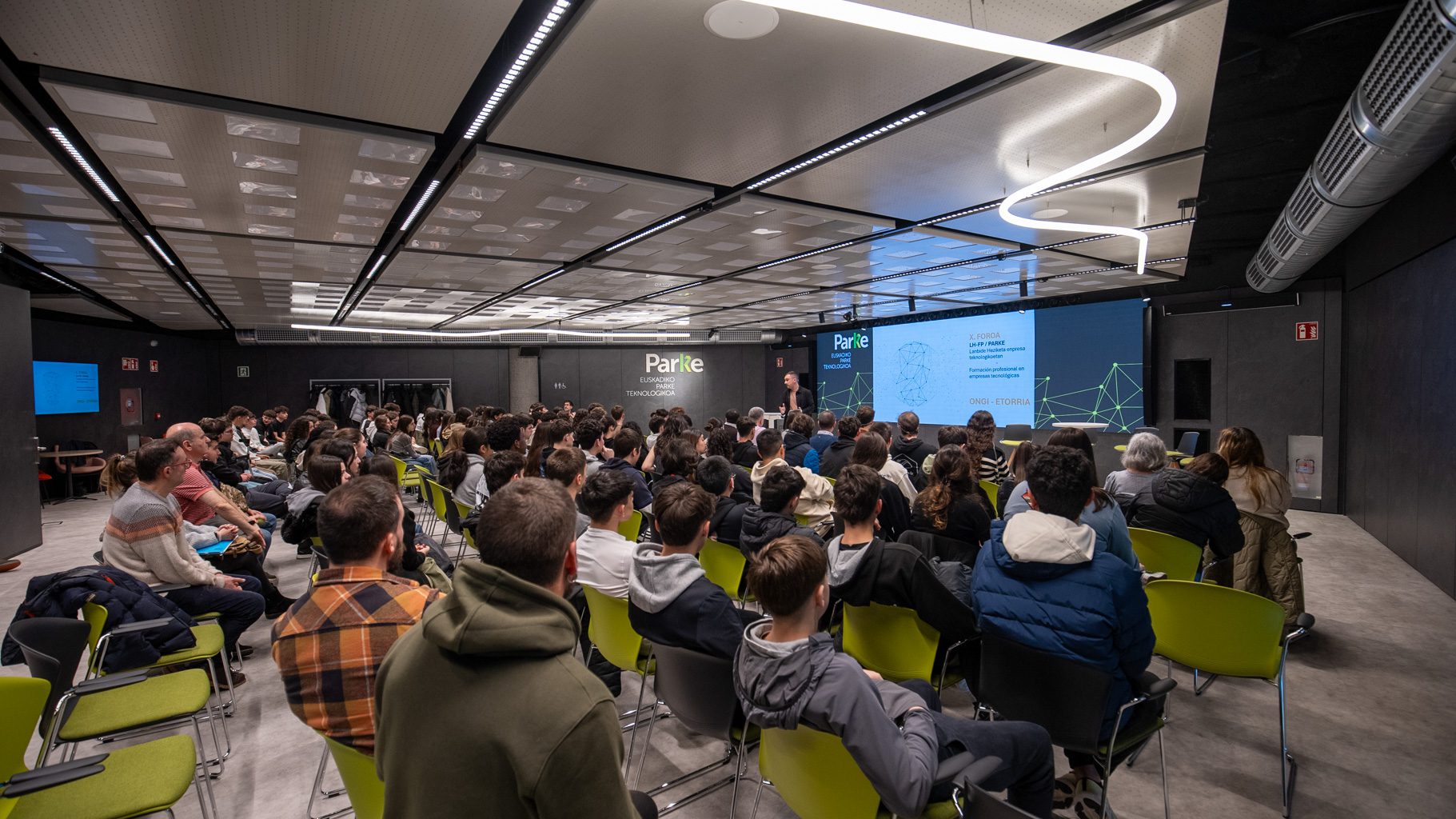Artificial intelligence and personalised nutrition to combat diet-related diseases
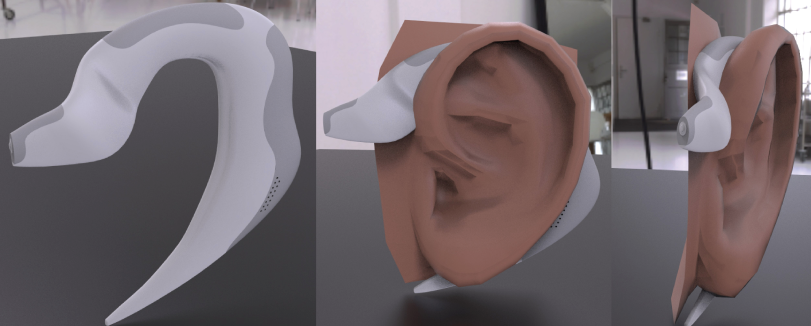
The CoDiet project will test innovative diet-tracking technologies to improve our understanding of the relationship between the food we eat and common diseases such as heart disease, diabetes, obesity and cancer.
The project will use this improved knowledge to develop artificial intelligence tools to provide personalised nutritional advice aimed at preventing these diseases and creating a healthier society.
 A new research project has been launched to study the relationship between diet and non-communicable diseases (NCDs) by testing innovative tracking technologies, such as wearable smart cameras, and developing artificial intelligence tools to provide personalised nutritional advice.
A new research project has been launched to study the relationship between diet and non-communicable diseases (NCDs) by testing innovative tracking technologies, such as wearable smart cameras, and developing artificial intelligence tools to provide personalised nutritional advice.
Unhealthy diets are associated with metabolic changes and increased risk of NCDs such as heart disease, diabetes, obesity and cancer. According to the World Health Organization, NCDs kill 41 million people each year, which is equivalent to 74% of all deaths worldwide.
However, little is known about the mechanisms that connect nutrition and NCDs, and current tools used to collect information on nutritional habits are based on questionnaires, which can be unreliable. There is also a lack of data on vulnerable groups, such as those with low socio-economic status, where NCDs are often over-represented*.
The CoDiet project, coordinated by the AZTI research and technology centre and funded by the EU and UKRI, will address these knowledge gaps and develop a bespoke artificial intelligence-based tool capable of assessing individual risk of diet-induced NCDs and providing personalised nutritional advice.
The project builds on previous research at Imperial College London, which includes the development of a wearable smart camera and personalised nutrition. The camera is one of the dietary information-gathering tools that the project will test. The camera is designed to be worn on the ear and passively record what the user eats; it will use novel computer vision and deep learning techniques to automatically recognise food types and estimate portion sizes. This will be combined with other technologies to help us understand how food is processed in the body, including analysis of the gut microbiome and metabolites in urine.
The project will also develop a tool that will simulate the change in NCDs in response to diet at the population level, with the aim of promoting the adoption of diets that protect against the onset of NCDs. Currently, efforts to address these problems at the population level are based on a “one-size-fits-all” approach, and it is hoped that personalised nutritional counselling can lead to more effective results.
In the words of Dr. Itziar Tueros, lead researcher and head of AZTI’s Food and Health Department: “It has been shown that each person’s metabolic response to the same diet is different. CoDiet will work on personalising nutritional advice instead of a ‘one size fits all’ approach”.
“To develop a holistic solution to the great challenge of preventing NCDs, it is essential to bring together a multidisciplinary team of leading scientists. This is what CoDiet does,” says Dr Tueros.
Professor Gary Frost, Head of Nutrition Research at Imperial College London, says: “One of the major gaps in our knowledge is understanding exactly what people eat in their everyday lives. The tools currently available to us are imprecise, which makes it very difficult to understand the relationship between diet and disease”.
“CoDiet puts this issue at the heart of the project and brings together a range of new technologies to address this gap. In doing so, we believe we will be able to design new individual-based policies to prevent common lifestyle-related diseases,” says Frost.
The project involves researchers from seventeen academic and research institutions in ten countries: AZTI ( Coordinator, Spain), Czech Technical University (Czech Republic), Teagasc – Agriculture and Food Development Authority (Ireland), Aristotle University of Thessaloniki (Greece), Technion – Israel Institute of Technology (Israel), CIC bioGUNE (Spain), University of Valencia (Spain), National and Kapodistrian University of Athens (Greece), Bruker Biospin (Germany), Microcaya (Spain), Sciensano (Belgium), University of Trento (Italy), Consorzio Centro de Investigación Biomédica en Red (CIBER) (Spain), Istituto Superiore di Sanita (Italy), National Institute for Health Development (Estonia), Imperial College London (UK) and University of Leicester (UK).
